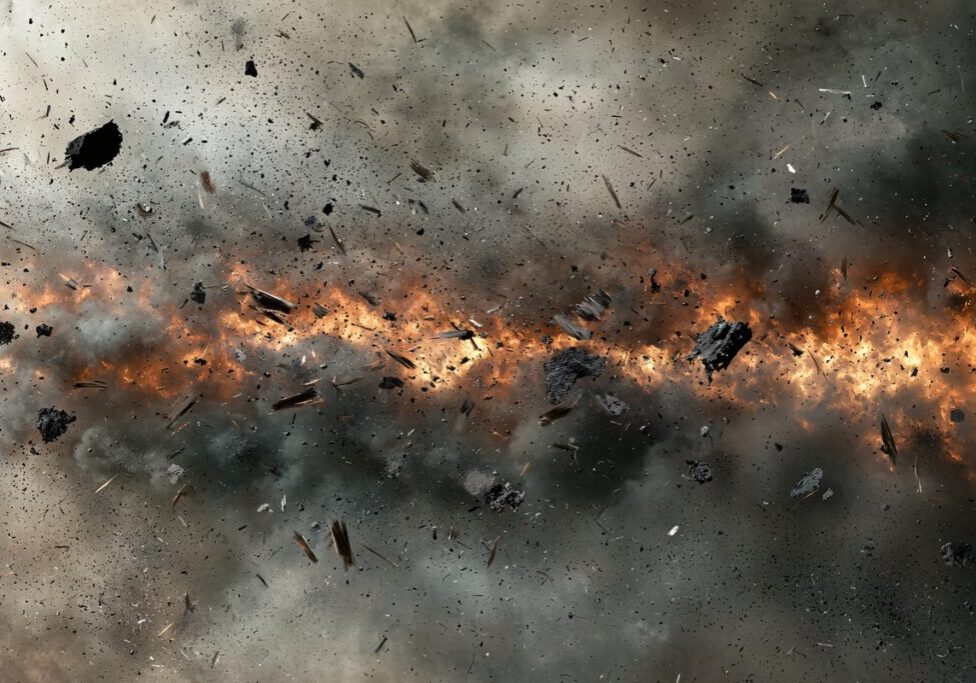Every week, around 100 workers die on the job in the United States. Electrocutions make up a small percentage of these dire statistics from the Occupational Health and Safety Administration (OSHA), but each case has all the same a devastating impact.
During a particularly deadly five-month period last year, electrical hazards killed four workers in two neighboring states alone. In 2020, 5.3% of all electrical incidents in the workplace were fatal, resulting in a total of 126 deaths. At the same time, around 400 people a year die from high-voltage electrical injuries sustained at home.
Determining negligence
For each case, one question inevitably arises: Did the electrocution happen due to negligence of another party? Then, surviving family members can sue for damages by filing a wrongful death lawsuit.
But let’s first sort out the definitions since “electrocution” is often used interchangeably with injury from “electrical shock” although the difference is literally a matter of life and death and, subsequently, carry different legal consequences.
- Electrocution: This means a person has died after being exposed to electricity. Common causes include accidental contact with exposed wires or downed power lines. In the cases of the four workers mentioned earlier, they were electrocuted as they were, respectively, replacing light fixtures, using a pressure washer, doing HVAC work, and climbing an electrical pole. The mining industry typically has the highest number of fatal electrical accidents.
- Electrical shock: Injures suffered from an electrical shock can be severe and even life-altering, but they do not generally result in death. 2020 saw 2,200 non-fatal electrical injuries involving days away from work, according to Electrical Safety Foundation International (ESFI). And a previous study has shown as many as 28% require more than 31 days off.
Electrical accidents often stem from negligence
So, what could be the legal repercussions if you or a family member gets electrocuted or suffers an electric shock?
Most accidents involving electricity are actually preventable and the result of someone else’s negligence. This fact opens the liable party up to lawsuits. Whether the damages were caused by the negligence of a utility, corporation, contractor, or person, you or your family can sue for damages and compensation.
A property owner who, for instance, fails to maintain a safe environment, may be sued on the grounds of premises liability. If the accident is not tied to a specific location but a product, the rules around product liability could create the foundation for a lawsuit. For electrocution cases involving power lines, though, the principles of negligence tend to apply rather than strict liability or product liability.
To look at each example in more detail:
Weighing your legal options
Electrocution: How can you seek justice for a loved one?
When a loved one is killed in an electrical accident, you cannot generally file a personal injury lawsuit on the victim’s behalf. But a wrongful death lawsuit in the state of California allows you, as a surviving family member, to recover economic damages if the defendant is found liable.
Economic damages may include compensation for funeral costs, burial expenses, loss of lifetime income the deceased would have earned, value of household services the deceased would have provided, and loss of gifts or expected benefits. Non-economic damages can be awarded as well for the emotional loss that the death caused.
California also lets you file a “survival” cause of action, which aims to compensate for losses the victim suffered as a result of the accident, such as steep medical bills for a lengthy hospital stay.
In California, those who can file a wrongful death lawsuit include:
- Spouse
- Registered domestic partner
- Child
- Grandchild (if the decedent’s child/claimant’s parent is no longer living)
- Stepchild
- Parents (depending upon the circumstances)
- Dependent (typically a minor who resided with and depended on the decedent for at least 180 days prior to their death)
Electrical shock: What are your options?
If the electrical accident did not result in death, the course of legal action looks different. What happens next also depends on a few variables:
- Electrical shock in the workplace: Workers’ compensation often covers workplace-related accidents like electrical shock. If you are injured on the job, you do not have to show the employer was at fault to get compensation for medical care and lost income payments. But unlike a personal injury lawsuit, a workers’ comp claim may not include non-economic damages for pain and suffering. Note: if the employer’s lack of attention to safety was particularly egregious, the victim may sometimes be able to bring a negligence action against the employer outside workers’ compensation.
- Electrical shock on someone else’s property: As mentioned earlier, a property owner may be liable if the electrical shock was the result of dangerous conditions on the premises. Premises liability laws hold, among other theories, that property owners and occupiers owe others a duty of care to maintain their property and warn others if something is amiss.
- Electrical shock due to employee negligence: Even when the negligence of an employee causes an accident, the employer may still be held liable under Respondeat superior law. This is an extension of the principle of vicarious liability that holds an employer responsible for the conduct of an employee. In layman’s terms, it means that if your employer has asked you to make deliveries and you crash the delivery vehicle, the employer — rather than you — may face liability charges. Note: You can have an electrocution accident on the job and file both a workers’ comp claim and a third-party claim if an “offsite” party is negligent.
Have you experienced any of the above and need legal help to receive the compensation that you deserve? The lawyers at Penney & Associates have decades of experience and are experts in wrongful death and personal injury law. Schedule a free consultation to learn more.
* This blog is not meant to dispense legal advice and is not a comprehensive review of the facts, the law, this topic or cases related to the topic. For a full review of our disclaimer and policies, please click here.



